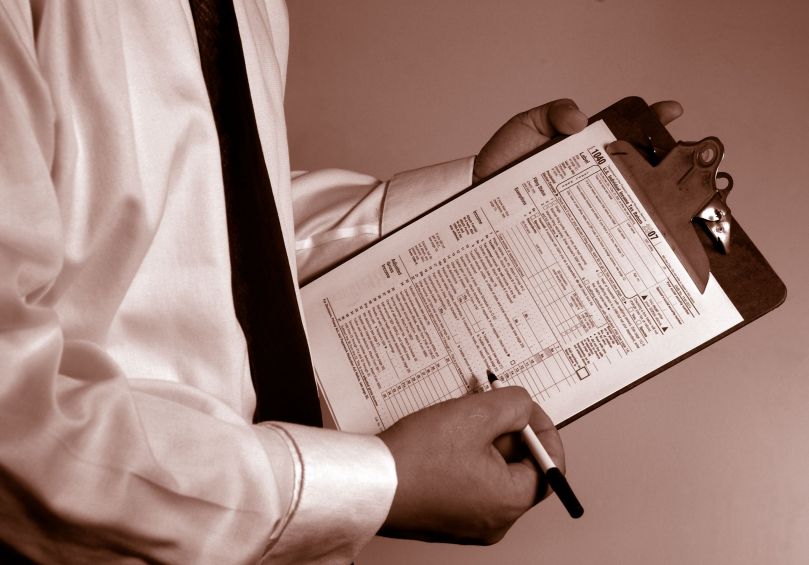TaxPrep2U


We list a prep check list below of what you will need to complete your tax filing, whether you meet with one of our tax professionals or you prepare your own taxes.
- Your social security number or tax ID number
- Your spouse’s full name and social security number or tax ID number
- Amount of any alimony paid and ex-spouse’s full name and social security number
- Your tax returns for the previous three years. Your Tax Professional can check them for accuracy
- Dates of birth and social security numbers or tax ID numbers
- Childcare records (including the provider’s tax ID number) if applicable
- Income of other adults in your home
- Form 8332 showing that the child’s custodial parent is releasing their right to claim a child to you, the noncustodial parent (if applicable)
- Forms 1098-T from educational institutions
- Receipts that itemize qualified educational expenses
- Records of any scholarships or fellowships you receivedForm1098-E if you paid student loan interest
- Forms 1099-MISC, Schedules K-1, income records to verify amounts not reported on 1099s
- Records of all expenses — check registers or credit card statements, and receipts
- Business-use asset information (cost, date placed in service, etc.) for depreciation
- Office in home information, if applicable
- Log showing total miles driven for the year (or beginning/ending odometer readings), total business miles driven for the year (other than commuting), and the business purpose of the mileage
- Amount of parking and tolls paid
- If you want to claim actual expenses, receipts or totals for gas, oil, car washes, licenses, personal property tax, lease or interest expense, etc.
- Records of income and expenses
- Rental asset information (cost, date placed in service, etc.) for depreciation
- Pension/IRA/annuity income (1099-R)
- Social security/RRB income (1099-SSA, RRB-1099)
- Interest, dividend income (1099-INT, 1099-OID, 1099-DIV)
- Income from sales of stock or other property (1099-B, 1099-S)
- Dates of acquisition and records of your cost or other basis in property you sold (if basis is not reported on 1099-B)
- Unemployment, state tax refund (1099-G)
- Gambling income (W-2G or records showing income, as well as expense records)
- Amount of any alimony received
- Health Savings Account and long-term care reimbursements (1099-SA or 1099-LTC)
- Jury duty records
- Hobby income and expenses
- Prizes and awards
- Other 1099
- Form 1095-A if you enrolled in an insured plan through the Marketplace (Exchange)
- Marketplace exemption certificate if you applied for and received an exemption from the Marketplace (Exchange)
- Receipts for classroom expenses (for educators in grades K-12)
- Form 5498-SA showing HSA contributions
- Record of moving expenses not reimbursed by employer
- Forms 1098 or other mortgage interest statements
- Amount of state/local income tax paid (other than wage withholding), or amount of state and local sales tax paid
- Real estate and personal property tax records
- Invoice showing amount of vehicle sales tax paid
- Cash amounts donated to houses of worship, schools, other charitable organizations
- Records of non-cash charitable donations
- Amounts paid for healthcare insurance and to doctors, dentists, hospitals
- Amounts of miles driven for charitable or medical purposes
- Expenses related to your investments
- Amount paid for preparation of last year’s tax return
- Employment-related expenses (dues, publications, tools, uniform cost and cleaning, travel)
- Job-hunting expenses
- Receipts for energy-saving home improvements
- Record of estimated tax payments made
- Form 5498 showing IRA contributions
- Traditional IRA basis
- City/county you lived/worked/had property in
- Records to support property losses (appraisal, clean up costs, etc.)
- Records of rebuilding/repair costs
- Insurance reimbursements/claims to be paid
- FEMA assistance information
- Check FEMA site to see if my county has been declared a federal disaster area

